SharePoint is a secure place to store, access, organize, and share information from any device through a web browser. It helps to create websites to share information within or outside the organization.
Since PDF is one popular file format frequently stored, accessed, and shared through SharePoint, many users wonder whether it is possible to use SharePoint to edit PDF. This is what we will cover in today's guide. So, let's talk in detail about how to edit a PDF in SharePoint online and see if there is a better and easier way to edit PDFs.
Part 1. Is There a Way to Edit a PDF in SharePoint?
Yes, you can use SharePoint to edit PDFs. It comes with a built-in PDF editor that allows you to do basic edits, like adding notes, highlighting, etc. So, you can edit PDF in SharePoint online, but it won't be a comprehensive PDF editing experience.
That's why the next part covers a more powerful alternative for editing PDFs before talking about how to edit PDF in SharePoint 365.
Part 2. A Better and Easy Alternative to SharePoint Edit PDF Online
As mentioned earlier, SharePoint supports editing PDFs but offers very basic-level edits. Therefore, let's first discuss a better and more powerful PDF editor tool that provides a complete PDF editing experience. This tool is known as UPDF.
UPDF is an AI-driven, modernized PDF editor tool that offers a feature-rich experience to edit PDFs. With UPDF, you get a click-based user interface to add/edit text, images, links, backgrounds, and almost all other elements of a PDF.
Moreover, you get extensive annotation options, from highlighting and underlining to strikethrough and inserting stickers/stamps. In short, UPDF is one complete PDF editor to fulfill almost any editing need. Hit the below download button to try UPDF for free right now.
Windows • macOS • iOS • Android 100% secure
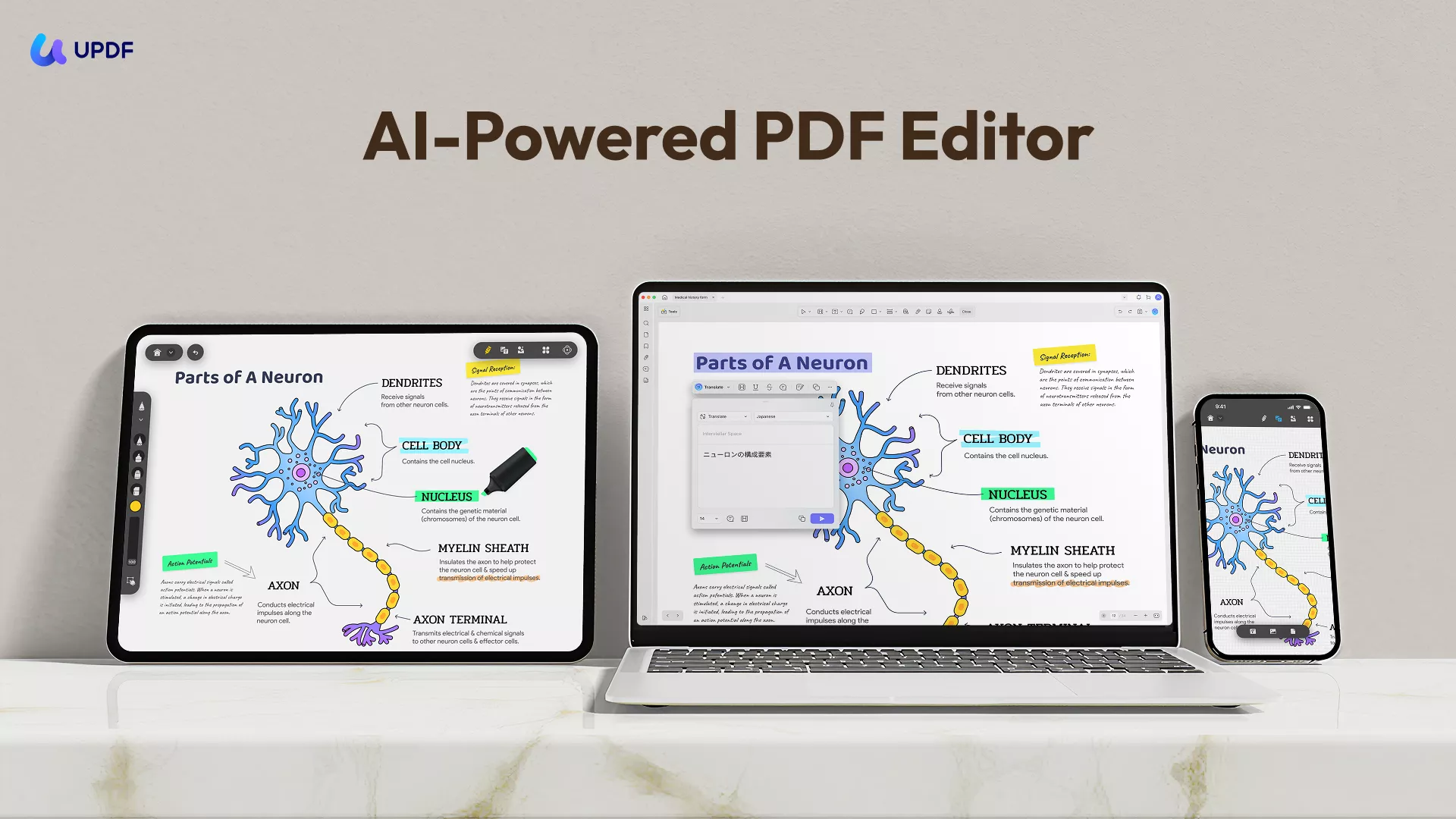
Why UPDF is the ideal alternative to online SharePoint edit PDF feature is evident from its below benefits:
- It can add new text or edit existing text in a PDF with customizable font styling.
- It can add, crop, rotate, replace, remote, and extract images in a PDF.
- It can add clickable internal or web links, videos, audio, documents, and more.
- It can customize PDF looks by modifying the background, creating/adding watermarks, adding headers/footers, etc.
- It can merge multiple PDFs into one PDF or split a single PDF into multiple smaller PDFs.
- It can annotate PDF by highlighting, underlining, marking, drawing, strikethrough, or inserting sticky notes, stamps, stickers, and text boxes.
- It can edit PDF on all four major platforms, i.e., Windows, Mac, Android, and iOS.
- With the integration of AI, UPDF allows you to interact with your PDF before editing, helping you to gain deeper insights to the PDF content.
Overall, UPDF ticks all the checkboxes to be the most powerful, feature-rich, and reliable PDF editor. Follow the below steps to learn how to edit a PDF with UPDF:
Step 1. Download and open UPDF on Windows/Mac. Click "Open File" to open the PDF to edit.
Windows • macOS • iOS • Android 100% secure
Step 2. Click the "Edit" icon in "Tools" from the left sidebar to enter the editing mode.
Step 3. Select the text or image to edit and make changes accordingly.
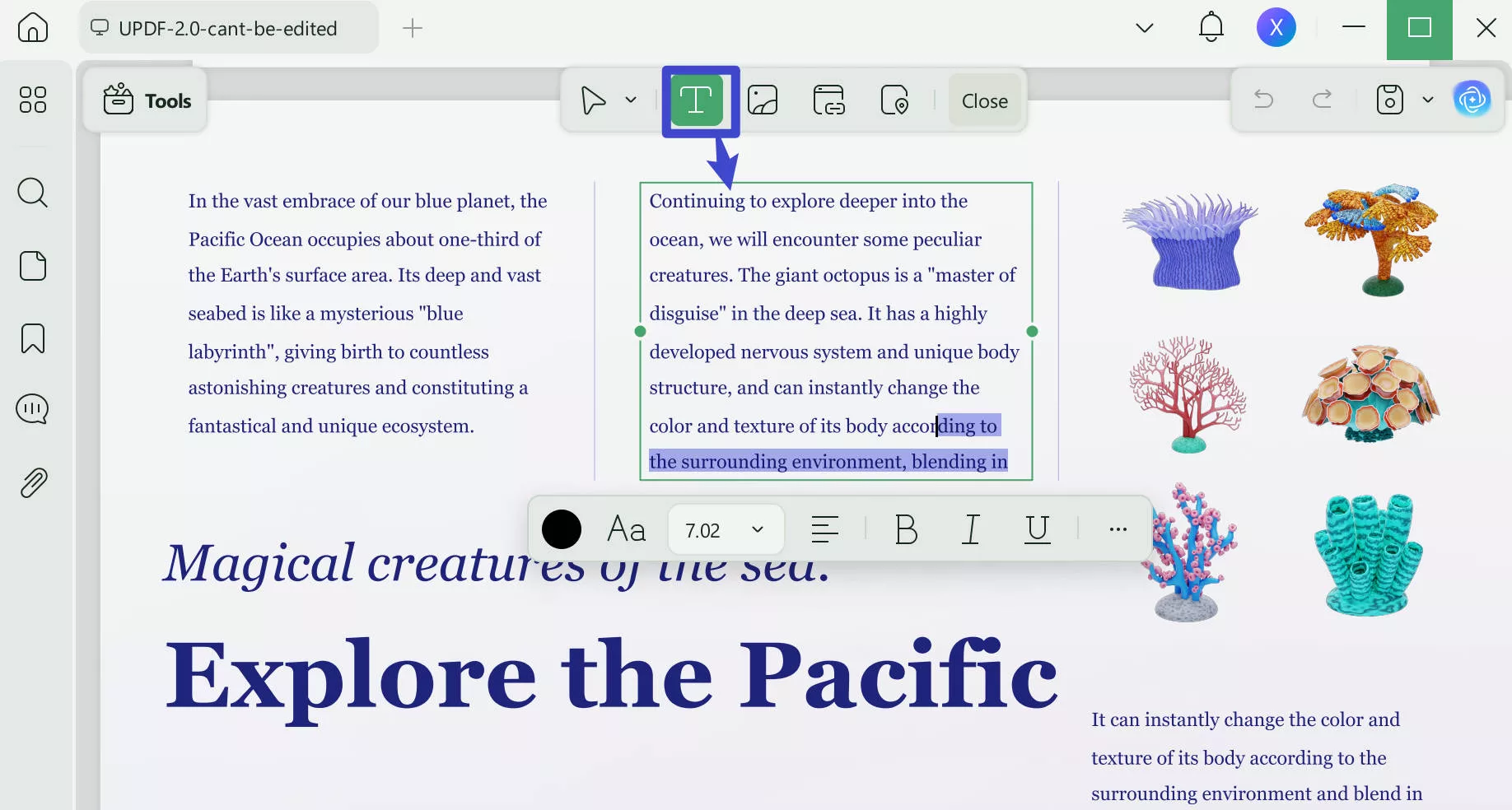
Step 4. To annotate PDF, click the "Comment" icon in "Tools" from the left sidebar and then pick the annotation option of your choice.
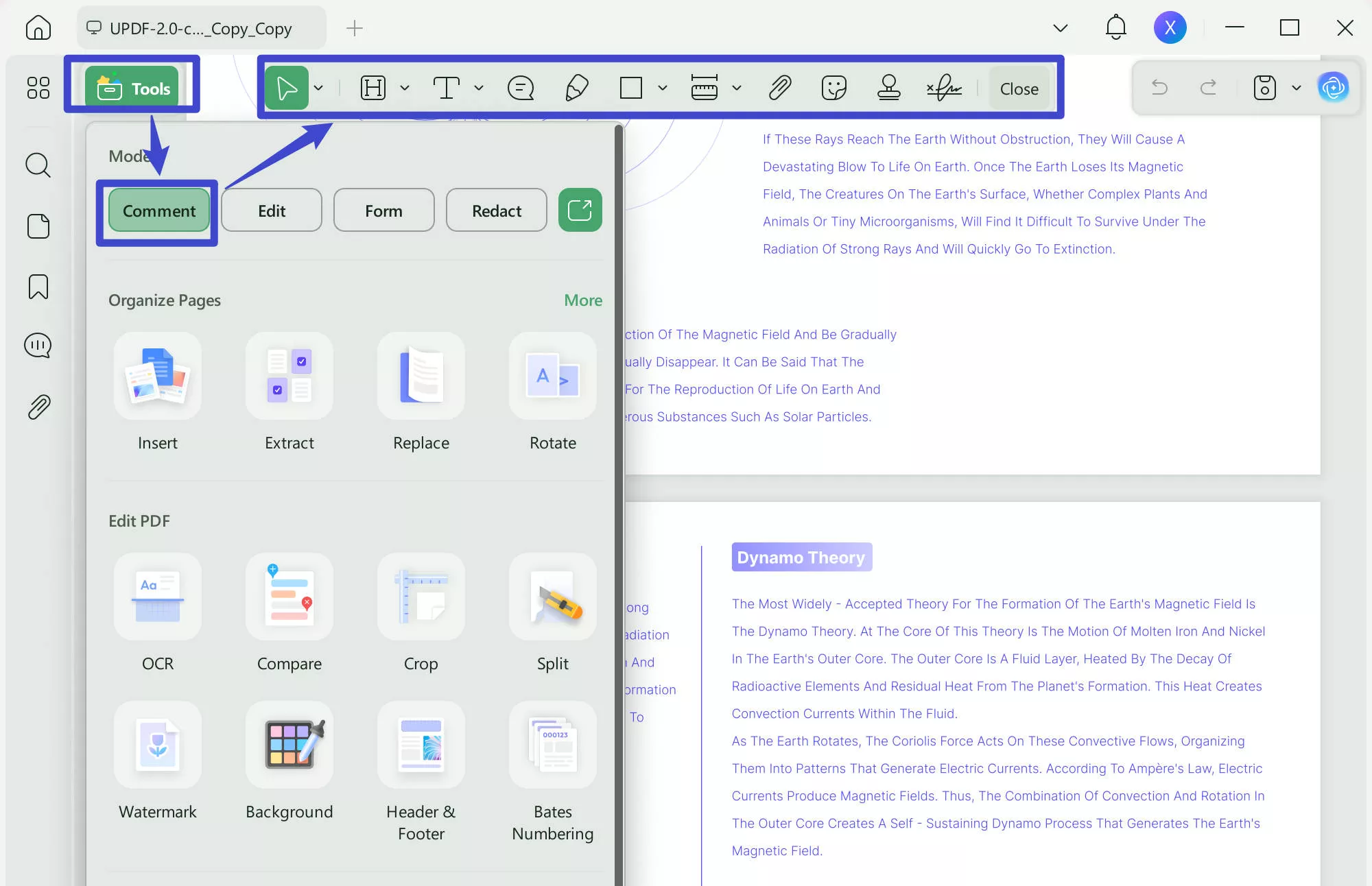
That's it! This way, you can easily do small to large edits in a PDF with the intuitive approach of UPDF. To your surprise, UPDF has many more features to offer besides PDF editing. Read Part 4 of this guide to learn about them.
Part 3. How to Edit PDF in SharePoint Online with Different PDF Editors?
There are multiple ways to edit PDF in SharePoint. Let's now cover these methods one-by-one:
1. Built-in PDF Editor
SharePoint has a built-in PDF editor to perform basic edits to a PDF. With SharePoint PDF editor, you can add notes, highlight information, or remove ink strokes with an eraser. However, there are a few major cons/limits you should know about:
- It cannot add/edit existing text or images.
- It cannot add links or customize other PDF elements, like background, header/footer, etc.
- It only provides a highlighter to annotate PDFs.
In short, using the built-in SharePoint PDF edit feature is only useful for writing notes or highlighting text. Follow the below steps to use the SharePoint edit PDF built-in feature:
- Open the PDF with SharePoint on your browser.
- Click the "Edit" button from the top left corner.
- Choose between pen or highlighter to make the required edits.

- Once all edits are made, click the "Save changes" button.
This way, you can perform very general edits to a PDF with SharePoint PDF editor.
2. Edit in the Desktop Client
You can edit the PDF in the desktop client if the "Adobe Acrobat for SharePoint and OneDrive" app is deployed in your tenant. However, it also means that your organization should be subscribed to Adobe Acrobat, which offers expensive subscription plans. Moreover, the whole editing process involves multiple steps, which requires more expertise and time.
If you want to try this method, then follow the below steps:
- Open the PDF document in SharePoint.
- Click the "Open" button from the top toolbar and then select "Open in Adobe Acrobat".

- You will now get more editing options from the left sidebar. So, use them to make the edits.
- For deeper edits, you can also open the PDF in the desktop app by clicking the "Desktop" button from the top right side.
- If you have already installed the desktop app, then click the "Open now" button. Afterward, follow the on-screen instructions.
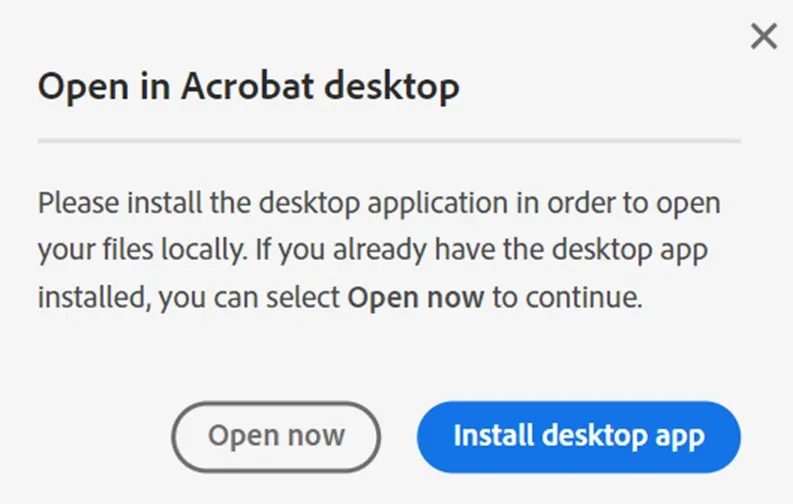
This way, you can edit PDF in SharePoint through the desktop client.
3. Download PDF, Edit on the Desktop, and Upload the Edited Version
SharePoint lets you download the PDF and re-upload its updated version to the same workspace. So, you can use this approach to fulfill the SharePoint edit PDF needs. You can edit the PDF with any PDF editor and then re-upload the edited version to SharePoint. However, this approach requires multiple steps, which makes it time-consuming.
Follow the below steps to learn how to edit PDF in SharePoint using this method:
- Open the PDF in SharePoint and click the "Download" button.
- Open the PDF with any PDF editor of your choice and make the edits.
- Upload the edited PDF to the same workspace in SharePoint.
This way, you can smartly use SharePoint and a PDF editor to edit PDFs.
Part 4. UPDF – Your Complete PDF Editor, Annotator, & Converter Tool
Until now, we have learned that UPDF is a powerful and feature-rich PDF editor and an ideal alternative to SharePoint PDF editor. However, UPDF is an all-in-one solution for almost all PDF-related needs. Below are all the other key features you can get with UPDF:
- Create PDF: It can create a new PDF from scratch or convert Word, Excel, image, PowerPoint, and other file formats to PDF.
- Read PDF: It provides multiple page layouts and scrolling options along with light/dark reading modes for the best reading experience.
- AI Chatbot: It provides an AI chatbot (UPDF AI) to chat with PDFs and use its AI chat box to ask for summaries, translations, explanations, or any other document-related questions.
- OCR PDF: Its OCR technology can turn scanned PDFs into searchable and editable PDFs.
- Convert PDF: It can convert PDF into other file formats like Word, Excel, PPT, image, RTF, HTML, text, and more.
- Organize PDF: It can add, split, extract, rotate, crop, replace, delete, and rearrange PDF pages.
- Secure PDF: It can protect PDF with a password or by redacting sensitive information.
- Compress PDF: It can shrink the PDF size according to the document quality of your choice.
- Fill & Sign: It allows you to create/fill fillable PDF forms and sign PDFs digitally.
- Batch PDF: It can combine, protect, convert, print, and insert multiple PDFs at once.
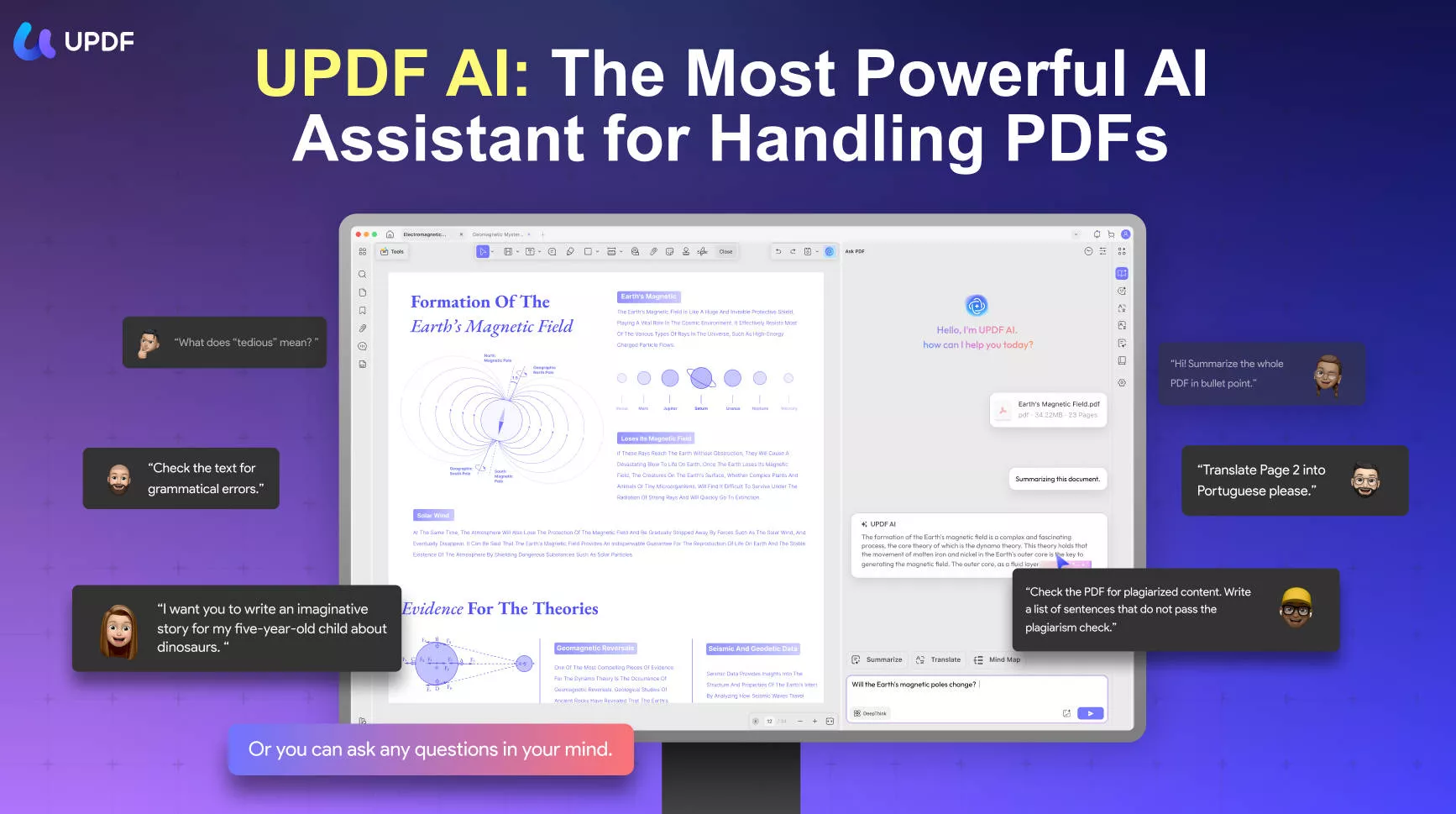
In short, combine UPDF's above editing/annotating capabilities along with its other features and tell yourself that isn't it the most complete PDF tool. Therefore, download and purchase UPDF right now and have the best PDF editor tool at your disposal.
Windows • macOS • iOS • Android 100% secure
Part 5. FAQs About Edit PDFs with SharePoint Editor Online
Q1. What is SharePoint Online?
SharePoint Online is a cloud-based SharePoint version. It provides a web-based, secure platform to store, access, share, and manage organization documents from any device. It is licensed on a per-user basis.
Q2. How do I access a PDF in SharePoint?
- Open the SharePoint site from your web browser.
- Explore and locate the PDF file.
- Click the PDF file to open it.
Q3. How do I annotate a PDF in SharePoint?
Open the PDF in SharePoint through your web browser.
- Click the "Edit" button from the top left corner.
- Choose the highlighter and its color, and then highlight the PDF content.
- Click "Save changes" to save the PDF annotations.
Conclusion
SharePoint empowers organizations to have a secure and central place to store, manage, and share organizational content. Therefore, editing PDFs directly in SharePoint seems very convenient. As evident from the above discussion, SharePoint can edit PDFs online, but its PDF editor provides basic-level edits. So, you have to opt for its desktop client, but that also requires deployment with Adobe Acrobat.
Alternatively, UPDF shines as an ideal alternative to SharePoint to edit PDFs due to its extensive editing features and intuitive interface. So, we will conclude the discussion by recommending you use UPDF to edit PDFs effortlessly.
Windows • macOS • iOS • Android 100% secure
 UPDF
UPDF
 UPDF for Windows
UPDF for Windows UPDF for Mac
UPDF for Mac UPDF for iPhone/iPad
UPDF for iPhone/iPad UPDF for Android
UPDF for Android UPDF AI Online
UPDF AI Online UPDF Sign
UPDF Sign Edit PDF
Edit PDF Annotate PDF
Annotate PDF Create PDF
Create PDF PDF Form
PDF Form Edit links
Edit links Convert PDF
Convert PDF OCR
OCR PDF to Word
PDF to Word PDF to Image
PDF to Image PDF to Excel
PDF to Excel Organize PDF
Organize PDF Merge PDF
Merge PDF Split PDF
Split PDF Crop PDF
Crop PDF Rotate PDF
Rotate PDF Protect PDF
Protect PDF Sign PDF
Sign PDF Redact PDF
Redact PDF Sanitize PDF
Sanitize PDF Remove Security
Remove Security Read PDF
Read PDF UPDF Cloud
UPDF Cloud Compress PDF
Compress PDF Print PDF
Print PDF Batch Process
Batch Process About UPDF AI
About UPDF AI UPDF AI Solutions
UPDF AI Solutions AI User Guide
AI User Guide FAQ about UPDF AI
FAQ about UPDF AI Summarize PDF
Summarize PDF Translate PDF
Translate PDF Chat with PDF
Chat with PDF Chat with AI
Chat with AI Chat with image
Chat with image PDF to Mind Map
PDF to Mind Map Explain PDF
Explain PDF Scholar Research
Scholar Research Paper Search
Paper Search AI Proofreader
AI Proofreader AI Writer
AI Writer AI Homework Helper
AI Homework Helper AI Quiz Generator
AI Quiz Generator AI Math Solver
AI Math Solver PDF to Word
PDF to Word PDF to Excel
PDF to Excel PDF to PowerPoint
PDF to PowerPoint User Guide
User Guide UPDF Tricks
UPDF Tricks FAQs
FAQs UPDF Reviews
UPDF Reviews Download Center
Download Center Blog
Blog Newsroom
Newsroom Tech Spec
Tech Spec Updates
Updates UPDF vs. Adobe Acrobat
UPDF vs. Adobe Acrobat UPDF vs. Foxit
UPDF vs. Foxit UPDF vs. PDF Expert
UPDF vs. PDF Expert


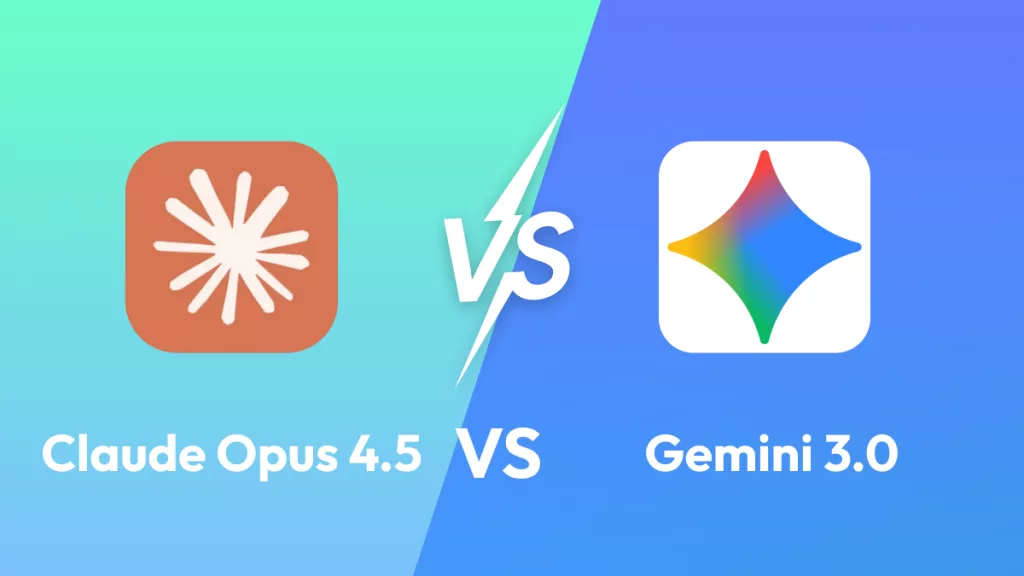
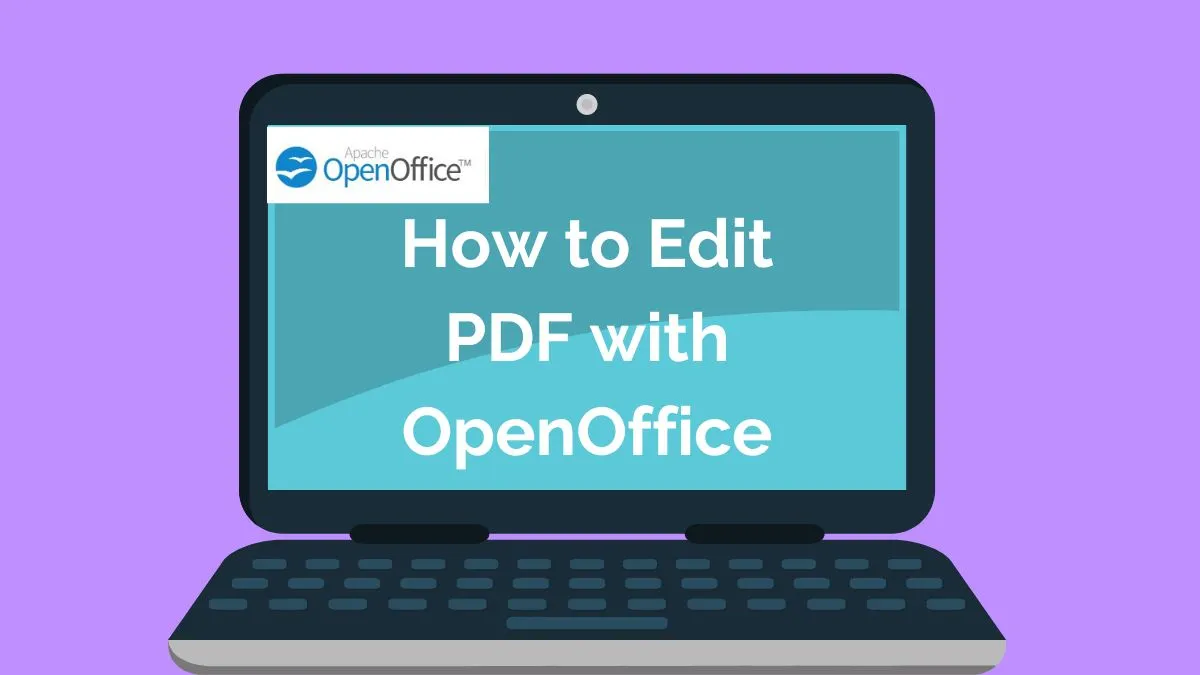

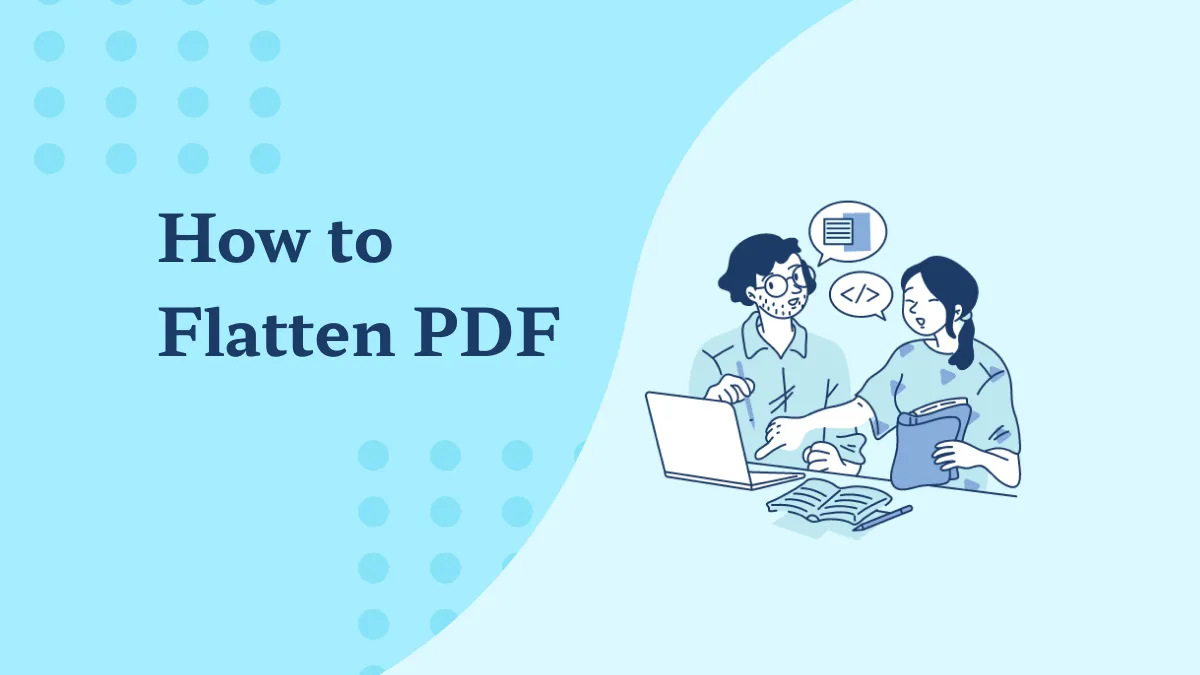
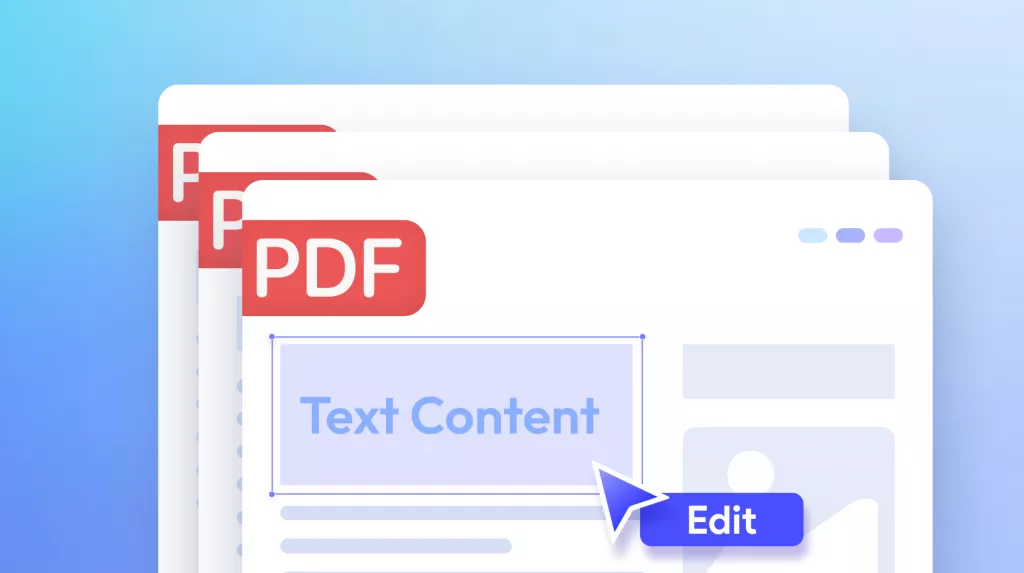

 Lizzy Lozano
Lizzy Lozano 

 Enola Davis
Enola Davis 

 Engelbert White
Engelbert White